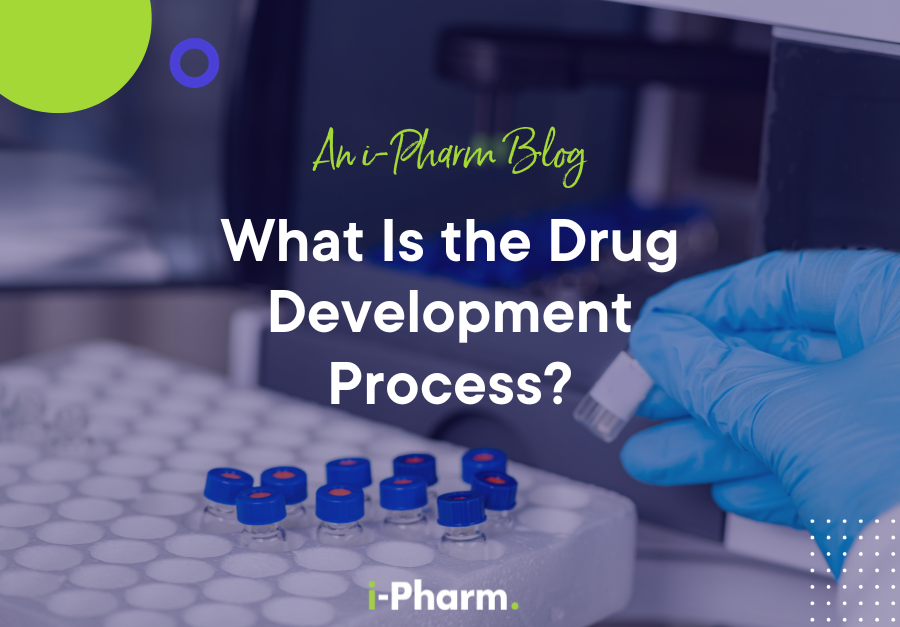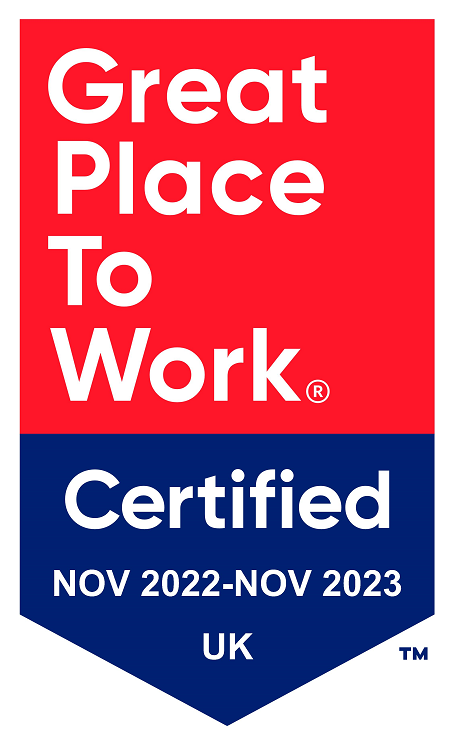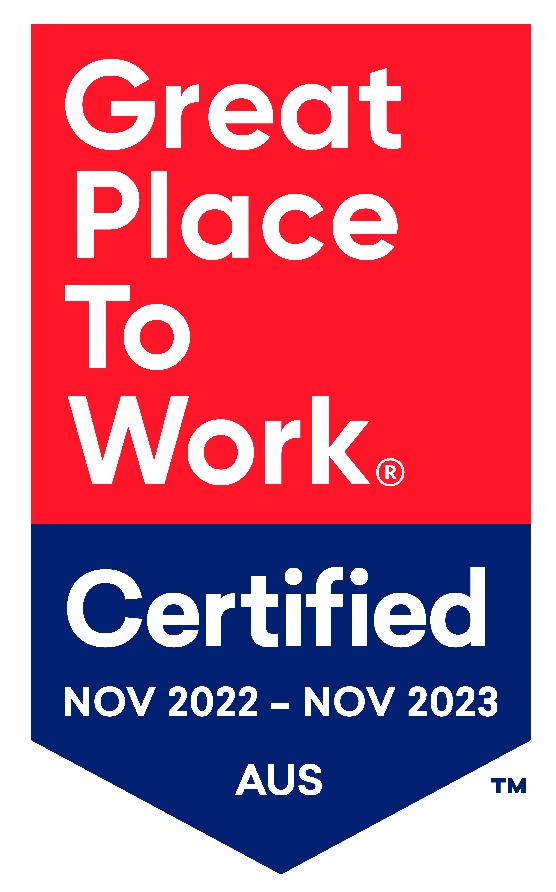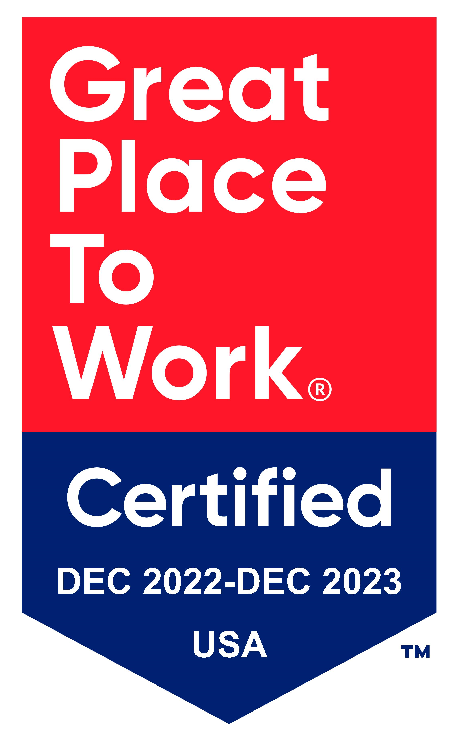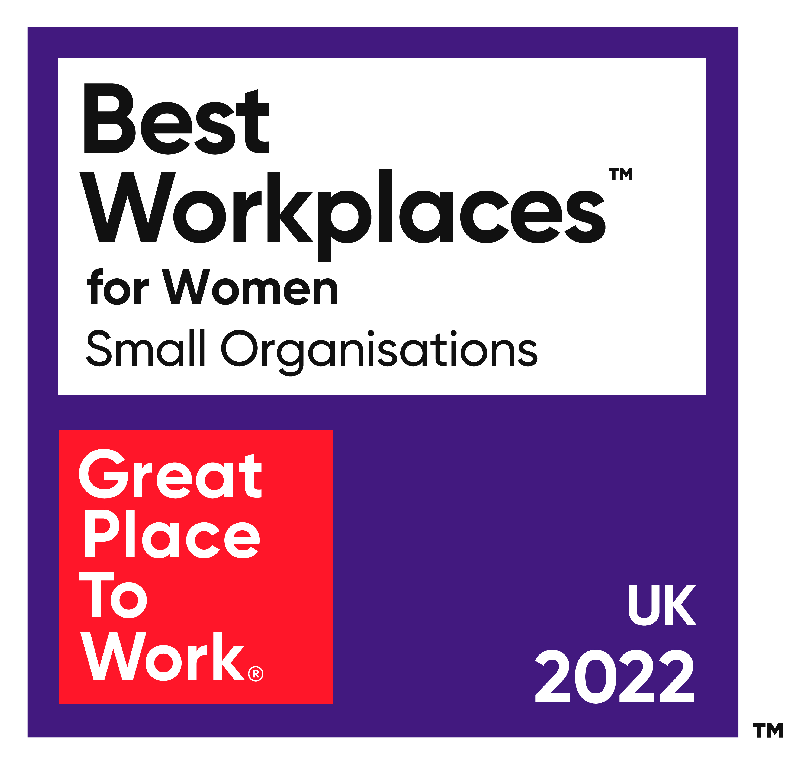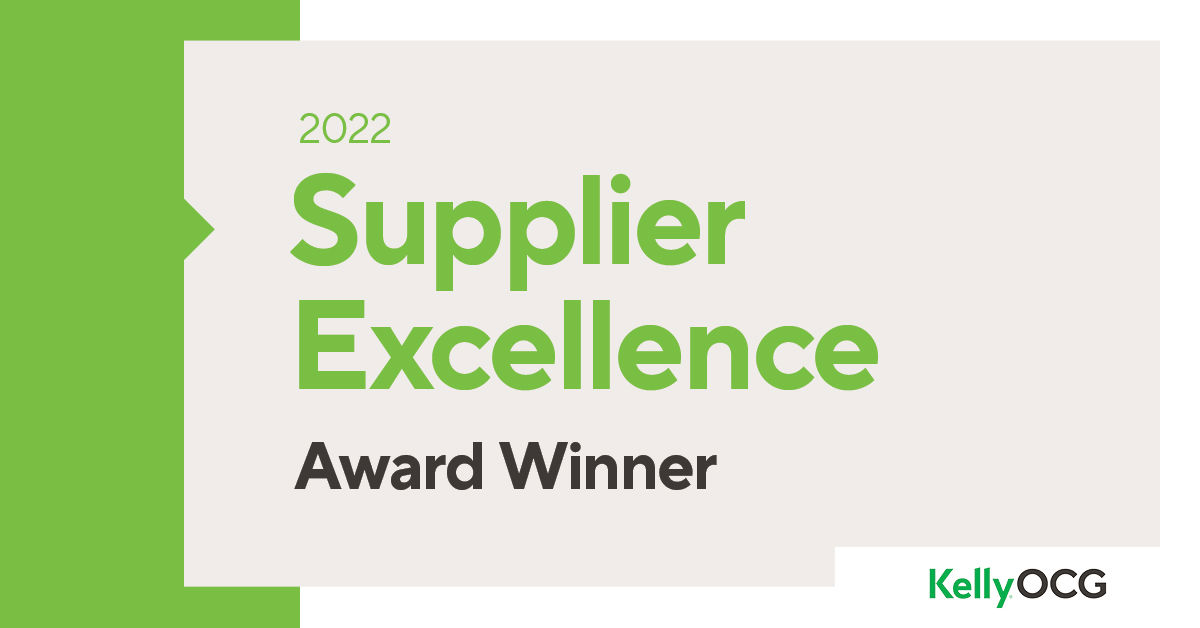5 Strategies for Navigating the War for Talent in Biometrics
21 Dec, 20217 MinutesIn the rapidly evolving landscape of biometrics, the demand for skilled Biostatisticians is ...
In the rapidly evolving landscape of biometrics, the demand for skilled Biostatisticians is growing significantly. Many pharmaceutical companies are finding it increasingly difficult to attract exceptional talent for their Biostatistician jobs, not least due to recruitment challenges such as a limited pool of qualified candidates and relatively high turnover rates. To retain a competitive edge in this war for talent, businesses seeking high-quality Biostatisticians must implement effective strategies that attract and retain the best candidates.
With some estimates indicating that there are as many as 12,000 biostatistician job vacancies across every European market, many pharma firms are asking this key question - how do we win the war for talent?
In this guide, we’ll provide the answers to that all-important question by exploring 5 of the most effective strategies companies should deploy to fill talent gaps in their biostatistician teams.

1. Establish a Strong Employer Brand
With the demand for outstanding biostatistician talent far outpacing the supply of available candidates, pharmaceutical firms must set themselves apart by establishing a strong employer brand. This is a key component of securing success in the pharmaceutical industry’s war for talent, as it enables companies to showcase their unique values, mission, and culture.
By highlighting the features that make your brand stand out from your competitors, potential candidates are more likely to feel a connection with your mission and organisation. A cursory glance at the research into the effectiveness of employer branding reveals how having a reputable and recognisable brand identity can attract candidates, with 84% of job-seekers claiming that the reputation of a company as an employer is important.
Despite the fact that strong employer branding correlates with talent attraction, many companies seem to be slow on the uptake. According to CareerArc, only 44% of organisations actively monitor the impact of employer branding. If your organisation invests time and resources into bolstering your employer brand, you’ll be able to set yourselves apart from your competitors and have a higher chance of bringing in exceptional talent for your biostatistician jobs.
When determining an employer brand strategy, it’s essential to start out by defining what makes your brand stand out. With a clearly defined mission, a thriving company culture, and a dedication to improving the health and well-being of people worldwide via cutting-edge, biometric technology, your company can rest assured that the best and brightest biostatisticians will be drawn to your organisation.
2. Elevate the Candidate Experience
Winning the war for talent in the biometric field requires a forward-thinking approach that goes beyond traditional hiring methods. In an ever-more competitive environment where companies are deploying cutting-edge hiring methods, facilitating elevated candidate experiences has emerged as a particularly successful attraction and retention strategy.
For businesses that want to improve candidate experience, the focus should shift from a mere assessment of candidates to offering a compelling and engaging journey. Companies must showcase their unique culture, values, and opportunities to make applicants feel wanted and valued. A positive candidate experience not only attracts top talent but also fosters a esteemed reputation in the industry, creating a pool of potential candidates who are eager to be associated with the organisation.
According to figures compiled by Starred, 66% of candidates say a positive candidate experience boosts their chances of referring others, while 78% of job-seekers state that overall candidate experience is a signifier of how a business values their employees. These key statistics underline how excellent candidate experiences can attract more candidates, something that is essential in the candidate-led biostatistician jobs market.
Here are the actions your firm should follow to create an outstanding candidate experience:
- Ensure clear and transparent communication, providing constructive feedback and frequent updates
- Send out candidate feedback surveys to gain a better understanding of their experience
- Be sure to follow up with successful and unsuccessful candidates
- Routinely assess and refine your hiring practices based on candidate feedback

3. Streamline the Hiring Process
Next on our list is a strategy that is closely related to the previous one; streamlining the hiring process. Given the biometric sector’s fierce competition for biostatistician candidates, an efficient recruitment process is key to securing talent swiftly. Having a quicker hiring process not only helps to improve candidate experiences, it also results in a higher quality of candidates, reduced recruitment costs, more time to focus on your company’s core tasks.
Some companies may be hesitant to shorten interview time in case candidates feel that they haven’t had the opportunity to ask everything they wish to. Any outstanding questions from the candidate can be managed through further meetings, but quick decision-making is a great sign of commitment and can go a long way to securing a candidate’s acceptance.
Providing candidates with shorter applications is another great way to cut down hiring time. In fact, one piece of research suggests that a streamlined application process can result in a 60% decrease in candidate drop-off, ensuring a higher quality pool of candidates. So, how exactly do you go about streamlining the hiring process?
Here are our top tips for ensuring a swift and seamless recruitment process:
- Define Clear Objectives and Requirements: At the outset, it is imperative that your organisation clearly outlines the job role, its responsibilities, and the skills required to succeed in the position. This level of clarity ensures that both the hiring team and candidates have a clear understanding of expectations, thus reducing the risk of a costly, unsuited hire.
- Leverage Innovative Technology: Implementing cutting-edge technology is a sure-fire method of speeding up the hiring process. By embracing state-of-the-art tech, recruitment teams can screen resumes, track applications, and communicate with candidates much more effectively.
- Consolidate Interview Stages: Condensing multiple interview stages into fewer, more concise ones is useful for streamlining the hiring process without compromising assessment quality.
- Automate Routine Tasks: Using technology to automate repetitive administrative tasks, such as sending confirmation emails and scheduling interviews, can also save time for the hiring team.
Although there are various hiring challenges in the field of biometric data, it is nevertheless a fascinating, fast-paced sector. There are many trailblazing organisations that are setting high standards for the industry, and if you are interested in learning more about them, we encourage you to check out our ‘Top Life Science Companies Leading the Way in Biometric Data’ guide.
4. Offer Competitive Packages and Opportunities
One of the perks of a biostatistician career is the high earning potential, and as the demand for biostatisticians increases, so too will the candidates salary demands. However, it is important to bear in mind that attractive compensation packages alone might not suffice. Instead, companies must go beyond monetary offerings and provide additional incentives such as signing bonuses, a reward and recognition scheme, and flexibility in working arrangements.
Another way to make your job posting all the more attractive is by showcasing your training and development opportunities. As biostatistics is very much a technologically-driven field, it’s understandable that many candidates will wish to apply for companies that allow them to enrich their skills and knowledge base. Facilitating career development opportunities at your organisation will not only help you to attract top talent, it will also aid you in retaining key staff members.
Let’s explore key methods for fostering a culture of continuous learning for your biostatistician team:
Here are some tips to enhance their learning experiences:
- Continuous Training Programs: Offer regular workshops, seminars, or training sessions to keep the staff updated with the latest tools, methodologies, and technologies in biostatistics. These can cover statistical software, regulatory guidelines, and emerging trends in the industry.
- Encourage Further Education: Support staff pursuing advanced degrees or certifications related to biostatistics. Offer tuition reimbursement or flexible schedules to accommodate their studies.
- Mentorship Programs: Pair less experienced staff with senior members or mentors within the organisation. This fosters knowledge sharing, guidance, and career development.
5. Collaborate With a Pharmaceutical Recruitment Agency
The final strategy we’ll examine in this guide is partnering with a dedicated pharmaceutical recruitment agency with specialised knowledge of the biometrics field.
As we alluded to earlier, bringing in outstanding biostatisticians is no easy feat, particularly considering the industry-wide shortage of qualified biostatistics professionals. Rather than navigating this complex area of pharmaceutical recruitment alone, calling on the support of expert recruiters may be the best way to attract the talent you need to drive innovation and continued success.
Not only do pharmaceutical recruitment agencies possess a deep understanding of the biometrics sector, they also have access to a wide pool of candidates who are looking for rewarding biostatistician jobs. Their networks typically include both active job seekers and passive candidates who might not be actively looking for new opportunities but possess valuable skill sets.
The percentage of passive job-seekers in the global workforce is between 70% to 80%, yet many companies find it difficult to tap into this vast pool of talent. By partnering with a recruitment agency, you can access a much wider selection of top-quality passive candidates, thereby gaining a competitive edge over rival pharma firms seeking skilled biostatisticians.
Recruitment agencies can also handle time-consuming tasks like CV screening, interview scheduling, job advertising, and salary negotiations, freeing you to focus on daily business responsibilities. Through the expertise and network of an exceptional recruitment agency, businesses can access a wider talent pool and identify candidates who are the best fit for their requirements.

Navigating the War for Talent in Biometrics: Key Takeaways
This is a tough market to hire in and that may not change any time soon. The war for talent is real, but there are certainly things you can do to help you win it.
This guide offers five key strategies to win the talent war: building a strong employer brand, enhancing the candidate experience, streamlining hiring processes, offering competitive packages and growth opportunities, and collaborating with specialised recruitment agencies.
Implementing these strategies helps companies stand out, attracting exceptional biostatisticians by showcasing unique culture, mission, and growth prospects. Prioritising a positive candidate experience, efficient hiring processes, and appealing incentives not only draws talent but also builds a positive industry reputation.
Partnering with specialised recruitment agencies grants access to a broader talent pool, simplifying hiring and identifying ideal candidates aligned with company needs and goals. Ultimately, these strategies position pharmaceutical firms as top employers, securing the talent needed for innovation and success in biostatistics.
Specialists in Pharmaceutical Recruitment
I-Pharm has been helping MedTech, healthcare communications, and pharmaceutical companies to fill key roles since 2008. Having worked with job-seekers and businesses throughout the UK, Europe, and the USA, we are passionate about offering industry-leading recruitment solutions in this fast-paced and fulfilling sector. Whether you are a growing start-up or a global firm, our consultants will go the extra mile to help you recruit the right people for your vacancies.
Reach out today to discover more about how we can support you with your hiring needs.


